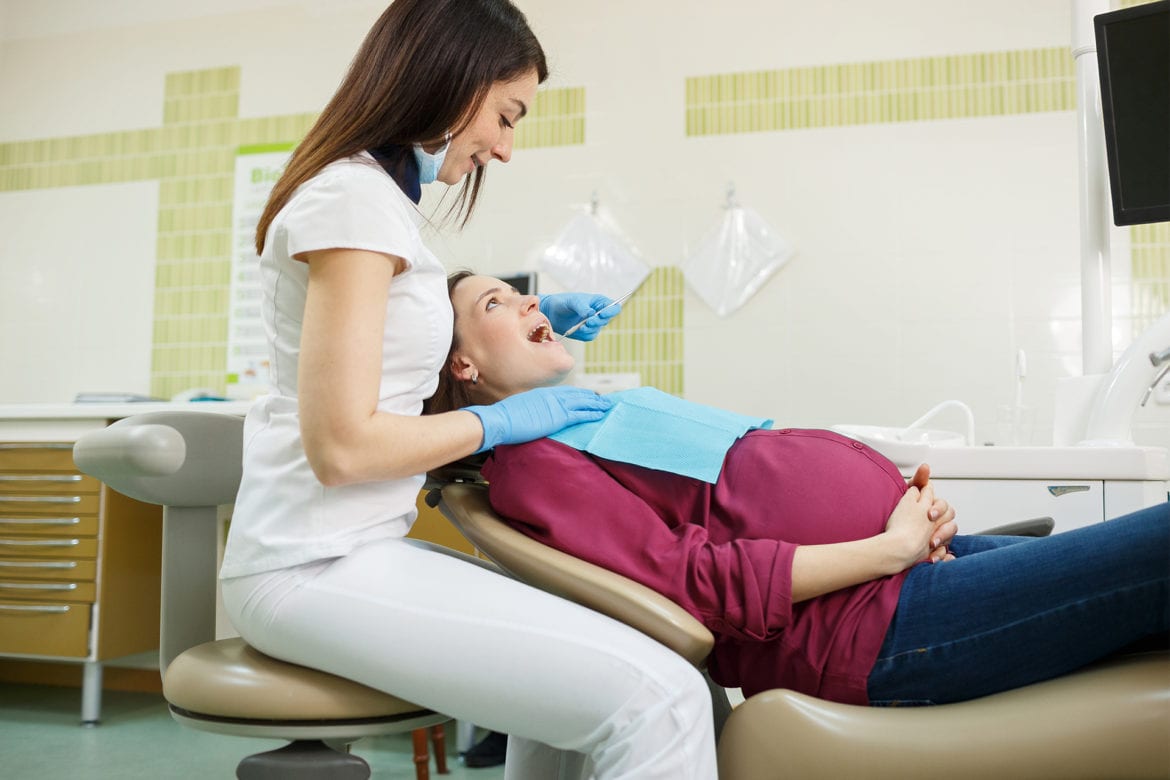Newswise — If you’ve suddenly noticed that your gums feel tender or they bleed a little when you brush your teeth, a shift in hormones might be to blame—especially if you’re a woman. As women go through life, a hormonal ebb and flow creates inflammation that reveals itself, in part, via their gums and salivary glands.
While it’s impossible to fully prevent these oral changes, they are manageable, treatable, and foreseeable, says a
professor at Tufts University School of Dental
Medicine.
Over the course of their lives, women and men experience changes in the types and levels of hormones regulating
certain bodily processes. That can affect susceptibility to gum inflammation, says Natalie Jeong,
professor and chair of the department of periodontology at Tufts University School of Dental Medicine.
Boys, for instance, experience a surge of testosterone in puberty, and the hormone then declines later in life. When
it does, “this decrease may impact overall immune function, leading to a higher susceptibility to inflammation,
including gum disease,” Jeong says. Typically, men are more susceptible to gum disease than women, but the effects
of hormone shifts “are generally less pronounced for men compared to women,” Jeong adds.
That’s because women experience more—and more dramatic—hormonal changes. As puberty, menstruation, pregnancy,
perimenopause, and menopause punctuate women’s lives, a fresh combination of hormones orchestrates each phase.
No one hormone leaves its impact on oral health; rather, gums, salivary glands, and teeth can take a hit when
hormones are in flux. “Hormonal changes can alter blood flow to the gums and people’s immune response, so shifting
hormones make our body more susceptible to inflammation. And periodontal, or gum, disease is inflammatory disease,”
Jeong explains.
Brushing Gingerly with Gingivitis
In fact, gum inflammation is common to all of a woman’s hormonal shifts, puberty through menopause. It can start with
gingivitis.
“Gingivitis is basically inflammation of the gum. It’s the mildest form of gum disease,” Jeong says. With gingivitis,
“some people’s gums bleed when they’re brushing their teeth and some people’s gums swell a little, are tender, or
they have bad breath. Some people may also notice receding gums—gums pulling away from the teeth.” While hormonal imbalances don’t
usually affect the structure of teeth, “the indirect effects on gums and oral tissues can increase the risk of tooth
decay, so the teeth get affected indirectly,” Jeong says.
In addition to swollen and bleeding gums, women can experience a variety of symptoms as they navigate the following
reproductive stages:
Puberty: Many girls start with orthodontic care during puberty, when their gums are more
inflamed. “Braces, whether clear aligners or metal, can interfere with conventional home care,” Jeong says. Food caught
in orthodontic gear exacerbates girls’ baseline gum inflammation.
Menstrual Cycle: During their periods, women’s mouths might be especially sensitive.
Moreover, hormonal fluctuations make oral soft tissues more sensitive and suppress the immune system slightly. These
changes, combined with stress and fatigue before and during periods, can trigger canker sores.
Pregnancy: During pregnancy, people can develop pyogenic granulomas, also known as
pregnancy tumors, on their gums. While these localized growths are benign, Jeong advises consulting a dentist if you
notice any unusual changes in the mouth, including pregnancy tumors. A dentist might remove a pregnancy tumor if it
hurts or interferes with home dental care.

